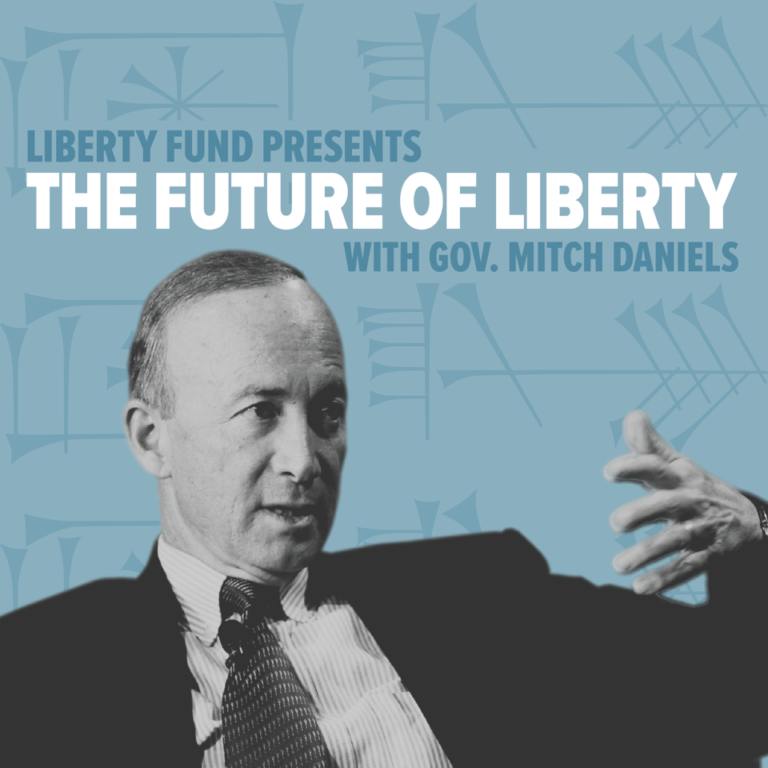In This discussion about the future of freedomGov. Mitch Daniels speaks with Philip Hamburger, a legal scholar and founder of the New Civil Liberties Alliance, about the administrative state. Both men agree that federal agencies have committed at least two kinds of sins. First, they have unjustifiably and needlessly violated citizens’ rights, and second, they have done so for obscure constitutional reasons.
Professor Hamburger attributes the rise of the administrative state to two interrelated factors. First, Congress has a strong political incentive to overdelegate—especially when it comes to politically risky details—and in doing so, it unconstitutionally surrenders legislative authority to bureaucrats. Second, there is a progressive ideology that venerates centralized, uniform administration and a larger role for government. By the turn of the 20th century, these two factors would conspire to set the stage for the rise of the administrative state.
A glimmer of hope has recently emerged. The Supreme Court’s reversal of the Chevron Doctrine has focused attention on the issue of judicial deference. What will be the real effects of closing the door of Chevron deference? Only experience will tell. If economic history offers any clue, it is that human systems tend to adapt whenever institutional rules are reorganized. Bureaucrats are no exception. So closing the door of Chevron deference may not change the balance of power; it will depend on how agencies adapt to the new ways of doing things. (See Lynne Kiesling’s discussion of Chevron deference new incentives after Chevron.)
The grass of classical liberalism is not necessarily greener in the courts, which also have a habit of trampling on economic rights. United States v. Carolene Products has relegated economic rights to the bottom of the list of priorities for judicial review. Under the 2005 Act Kelo vs New LondonCourts defer to local majorities to determine the appropriate scope of eminent domain. And in 1992 Lucas v. South Carolina Coastal CouncilRegulation does not count as expropriation unless it destroys virtually all of the value of a property. The list goes on (see The Dirty Dozen (by Bob Levy and Chip Mellor) Limiting judicial deference might bring us out of the constitutional shadows, but there seems no guarantee that it will improve rights protections.
How did we get here? Hamburger attributes the rise of the administrative state to an American form of classism, in which progressive elites impose their good intentions and faith in government on everyone else through the state’s monopoly on force. This certainly fits with a disturbing idea. Rasmussen Survey 2023 showing striking contrasts between elite and mass opinion on economic, social and political issues.
Yet it would be remiss to overlook the forces of populism. A recurring theme in the work of James Buchanan is that the Leviathan is us, and that Big Government is ultimately the result of self-government.
“When we speak of controlling the Leviathan, we should be referring to the control of self-government, not to an instrument manipulated by the decisions of others than ourselves. A widespread recognition of this simple truth could do wonders. If men would stop talking about and looking for bad men and start looking instead at institutions run by ordinary people, wide avenues for real social reform could open up.”The limits of freedomp.188)
It is on Main Street and at the kitchen table, not just on K Street and the administrative law bench, that the responsibility lies.
Edward J. Lopezis a professor of economics at Western Carolina University, executive director of the Public Choice Society, and the author of numerous articles and books, including Madmen, intellectuals and academic scribbles.


